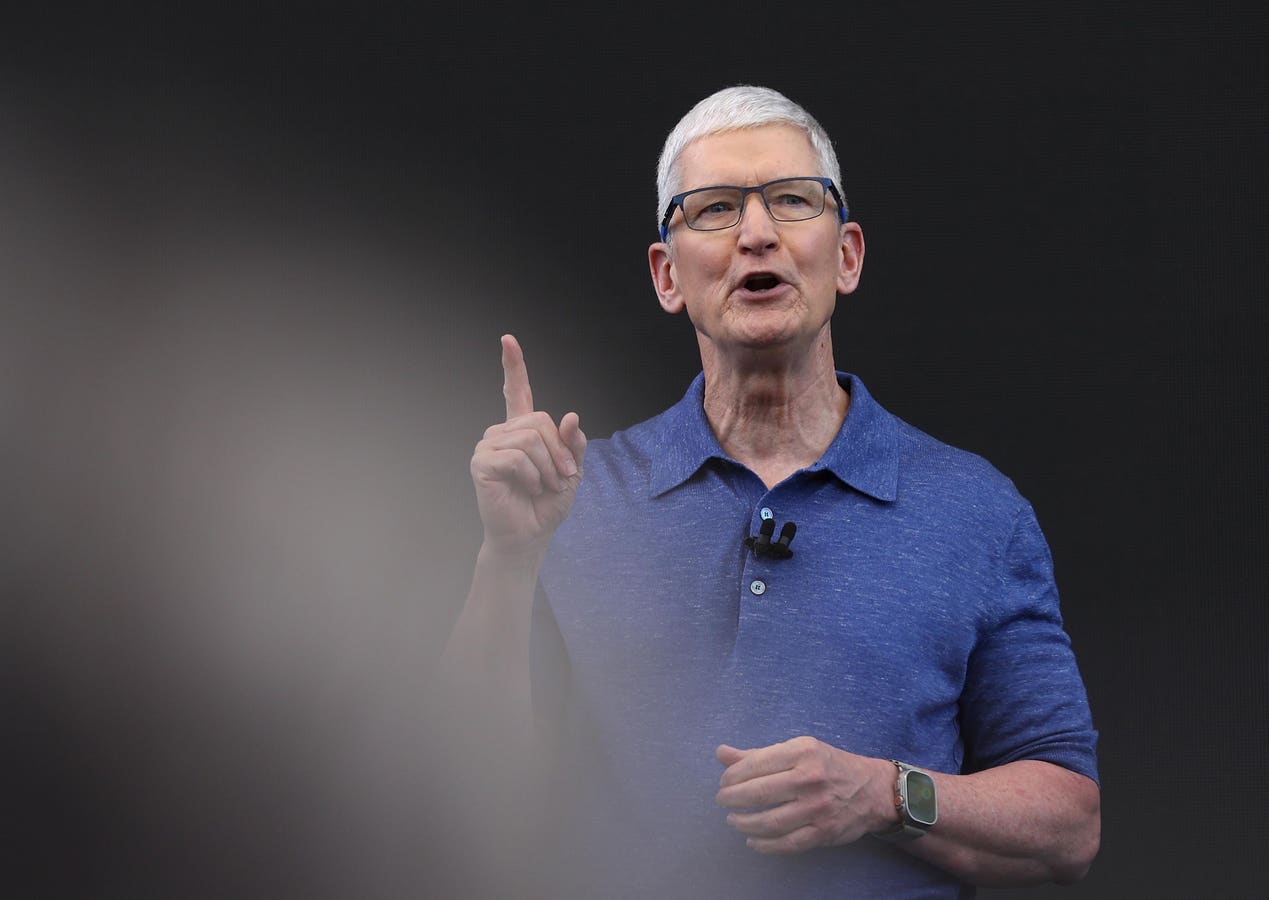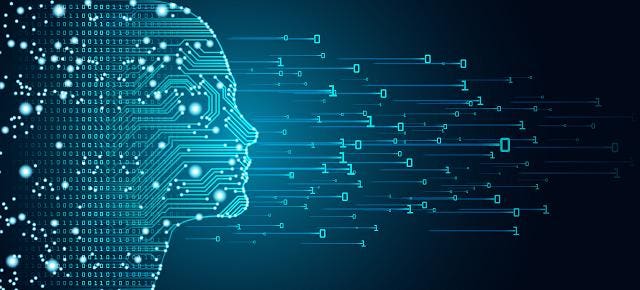Will AI make right brain skills more valuable in the marketplace?
Learn to code.” Remember that rallying cry?
Just a few years ago, conventional thinking suggested AI would replace blue collar workers en masse. Pundits suggested truckers would soon be out of work. This prompted commentators to suggest drivers, cashiers, and warehouse staff learn coding to stay vocationally relevant.
This logic was based on a broader assumption: that computing skills would remain in high demand. Is that really the case in 2025 when it comes to AI and jobs?
Not if you ask Eric Schmidt, former CEO of Google. “We believe as an industry that in the next one year the vast majority of programmers will be replaced by AI programmers,” he said at the NatSec Tech Podcast. “We also believe that within one year you will have (AI) graduate-level mathematicians that are at the top of graduate math programs.” Likewise, AI is poised to swallow up other computing professions that were once considered safe. Just last year, IBM laid off many senior programmers.
Is a Focus on Science, Technology, Engineering, and Mathematics Still Relevant?
These shifts are not isolated. They speak to a broader unraveling of long-held assumptions. Take STEM. There’s been a huge recent uptick of students pursuing science, math, and engineering fields, driven by the belief technologically savvy workers are what’s needed. But what if the future doesn’t belong to coders, computer engineers, and data scientists? What if the most prized skills will be of the so-called soft variety? These include communication, creativity, emotional intelligence, artistry—even philosophy.
To this point, last month I interviewed billionaire John Calamos for Forbes. When asked what subject he suggested college students study to thrive in the coming years, he did not recommend STEM-related majors. Instead he emphasized philosophy as it teaches you how to think, not what to think.
As a philosophy major myself, I found his advice validating. On another related personal note, it’s refreshing to disrupt the well-worn narrative of STEM being the “safe bet” to get ahead in one’s career. This happens to be because my own young children have no interest in studying math or science. Their passions lie in the humanities fields so often criticized as being unsound for budding professionals. I can’t help but think there are many other parents in my shoes. Their kids also naturally gravitate toward non-STEM subjects.
Disrupting Our Thinking on “Future Proof” Careers
Recognizing this shifting reality, here’s an interesting twist worth exploring: what if the AI Age flips our assumptions about what’s considered “safe” as a career path? After all, now that AI can do so many of the left-brained activities once considered future-proof, what if right brain activities, those once decried as fluffy and superfluous are suddenly in demand?
This cultural reassessment isn’t just idle speculation. It has personal implications for so many of us. For instance, back when I was in college, I was made to believe I was taking the risky path by investing my time in reading novels and studying Nietzsche. Those criticisms only increased when I later earned my master’s degree in screenwriting. The more prudent route I was told was to pursue a law degree or to go into medicine.
But neither of these “safe” professions may stay that way in the coming years. When it comes to the field of law it may well be that firms turn to AI over humans. Already, technology is increasingly used to do much of the work people once did. As Newsweek reports: “The legal industry is not immune to the impacts of AI. Roles such as paralegals and legal assistants, which involve consuming large amounts of information and synthesizing it into legal briefs or opinions, are particularly vulnerable.”
Our Shifting Marketplace Prizes Different Professionals
Likewise, now that AI can outperform doctors in diagnosing maladies and robots can execute surgery better than most people, it’s uncertain if the medical profession will continue to be the lucrative profession it once was.
To understand our present it’s helpful to consider our past. Reflecting on the last two centuries, it’s plain to see the marketplace has prized abilities machines possess over humans. Whether we’re talking about industrial farming or assembly line automobile production, value—and therefore revenue—has been entangled with rote activities best completed via automation.
Meanwhile, a life of the mind, often expressed in creativity, especially literature, painting, and poetry has been demoted. There’s a reason why the “starving artist” became such a cliché. There’s often little to no money in such endeavors—not unless you’re the elite like Stephen King or J.K. Rowling who can hit the big time, earning a substantial living through right brain creativity.
But as another cliché goes, the only certainty in life is more uncertainty. Now that AI is upending so many old assumptions, it may be the case that uniquely human abilities AI cannot duplicate will be the most valued—and therefore the safest bet to pursue vocationally.
Teaching AI in Schools
The timing for this discussion is apt. Last month, the Trump administration floated an executive order to make AI education a requirement for K-12 schools. The Washinton Post reports, “AI is ‘driving innovation across industries, enhancing productivity, and reshaping the way we live and work,’ the draft order reads. ‘To ensure the United States remains a global leader in this technological revolution, we must provide our nation’s youth with opportunities to cultivate the skills and understanding necessary to use and create the next generation of AI technology.’”
Going on the educationally offensive to meet this moment is wise. AI is here to stay. If we hope to stay competitive on the world stage, our young people must learn to use this technology. Abdicating such responsibility would be akin to dismissing the Internet as a passing fad 20 years ago. Young people must understand these tools to stay competitive in a shifting marketplace.
What’s most practical, however, is not to simply invest in left brain skills like AI prompting. Instead, tomorrow’s most sought-after professionals and entrepreneurs will be those who possess dual capabilities. They will know how AI works and how to apply it to tasks. But they’ll also be proficient with right brain creativity. Well versed in the classics, they will have read philosophy and understand how to communicate their thoughts well in the form of rhetoric.
The Future of Work: AI and Jobs
In other words, future success will belong to those who are more balanced. Once upon a time, we called these people polymaths. Like Leonardo da Vinci or Benjamin Franklin they possessed knowledge in a host of different fields or subjects. Their expertise wasn’t limited to either the arts or the sciences exclusively. Instead, they were able to apply a wide breadth of understanding to whatever challenges life has to offer. In a time of so much upheaval it will soon pay—literally—to broaden our minds. As machines transform our world doing so many of the things people once did, our most human qualities may prove to be our most valuable asset.








